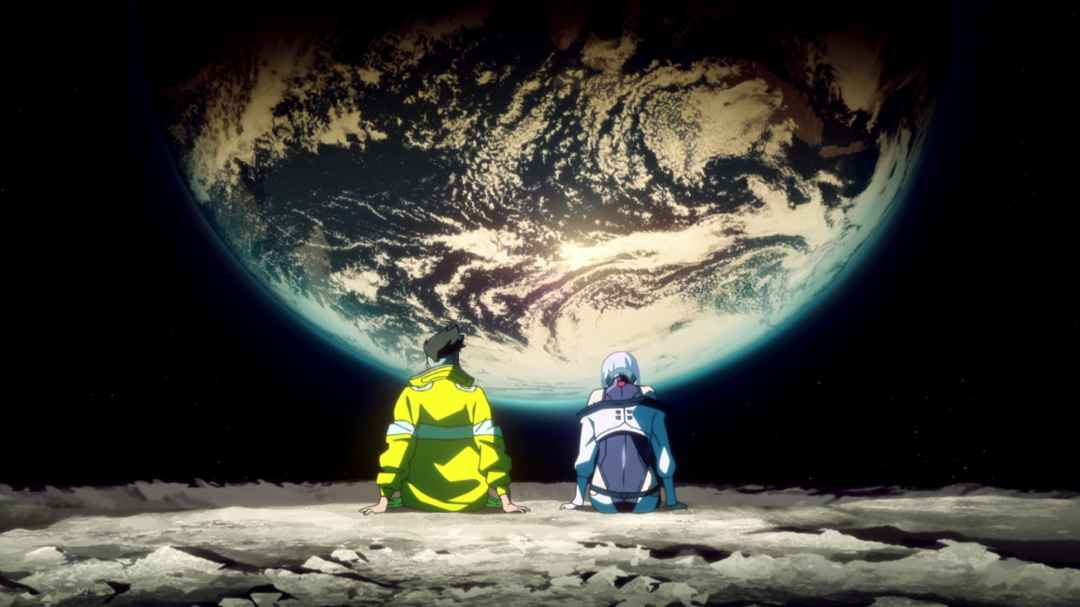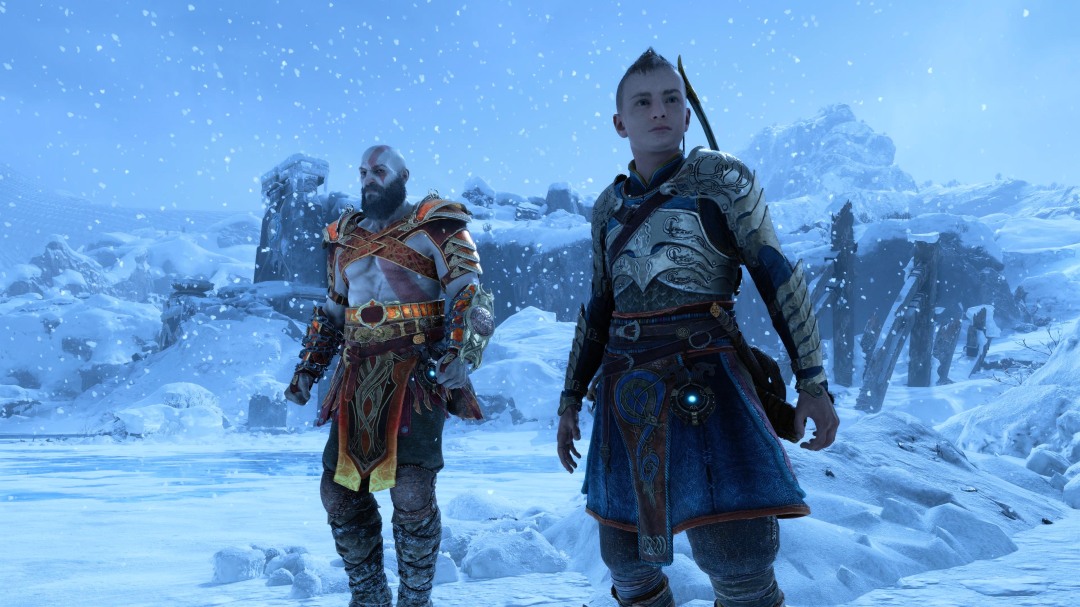When I was a kid, I was a voracious reader. I read books like it was my job. This was especially true when I had a summer break: one summer, I re-read all seven Harry Potter books in a week. I had nothing else to do, and it was glorious.
Reading is harder nowadays not because I like reading any less, but because I have less time. There are no summer breaks anymore, but beyond that, video games are getting longer and longer and the amount of television shows available via the internet is never-ending.
I read a modest amount in 2022 compared to my standards, but I read enough to have a solid top three plus an honorable mention. So, here we go–the first favorite books list!
Please note: these are not all from 2022. They are just my favorite books that I read, and by starting this tradition, I hopefully will be able to read more in 2023. Also: I read, pretty much exclusively, science fiction and fantasy. So if that’s not your vibe and you want to hop elsewhere, fine with me.
Honorable Mention: This is How You Lose the Time War by Amal El-Mohtar and Max Gladstone

This is How You Lose the Time War is a novella, meaning it is shorter than a standard novel; the Nebula Awards defines a novella as a work between 17,500 and 40,000 words, and even shorter YA works are generally between 50,000 and 70,000. But it is still a book, and in its case, its short length works in its favor. The book is about two opposing agents in a time war that stretches through history, and their letters that they end up leaving for each other along the way.
As a result, much of this book consists of these letters in the particular voices of each character as written to each other. There is essentially no dialogue between the two. In that way, it is very unique. But it’s also creative and endearing, and there are very few better ways to spend a day than reading through this book.
Bronze Medal: Project Hail Mary by Andy Weir

Andy Weir famously made a splash with his debut novel, The Martian, which got turned into a movie starring Matt Damon. His second book, Artemis, was also excellent, and a very different story that never stranded its main character on an island, instead forcing said character into interactions with a wide variety of people.
In Project Hail Mary, Weir goes back to the well of “scientist, alone, who needs to figure stuff out” and is, predictably, very good at it. But Project Hail Mary has a few twists in it that The Martian does not, giving it its own flair. Additionally, this book is easily the most speculative of Weir’s work, which skews very closely to the “hard sci-fi” subgenre. Taking that into consideration, this might be the best of Weir’s three novels. It’s hard to put down.
Silver Medal: The Kaiju Preservation Society by John Scalzi

There are a lot of sci-fi and fantasy books that are part of larger stories, be they duologies or trilogies or cycles or whatever you would call The Wheel of Time (a wheel?). So when you encounter a standalone novel, it’s a treat. The first three books on this series are standalone novels, which I can probably guarantee you will not be the case next year.
What makes The Kaiju Preservation Society different from the others so far on this list is that it is bursting with the potential to spawn multiple stories within its universe. But it is restrained and self-contained, leaving you wanting more in a good way. The novel is about a secret organization whose mission is to research and preserve kaiju, giant Godzilla-like creatures. Its protagonist is a sort of fish out of water everyman, and its combination of fascinating worldbuilding and interesting quirks (it takes place in the heat of the pandemic, which is part of the plot) make it extraordinarily readable. The Kaiju Preservation Society is a pop song, Scalzi says in the notes, and it’s just like that Taylor Swift single you can’t help but dance to.
Gold Medal: Network Effect by Martha Wells

What is science fiction if not a way to examine what makes us human in different contexts and from different points of view? The Murderbot Diaries are about the titular character, a human-made construct who found a way to overwrite a piece of software to achieve the freedom they want: the ability to watch as much television as possible while still ensuring they maintain their job. Along the way, Murderbot meets humans and AI alike who see and treat them with full dignity, and Murderbot’s struggles to find itself is heartwarming.
Network Effect is the sole novel in the series, which had consisted of smaller novellas to that point. And, well, everyone loves Murderbut. Network Effect is one of 26 novels in the past 60 years to win both the Nebula and Hugo award for best novel, and it deserves it. This book won my gold medal because I loved every second of every page and I wanted more once I finally finished. The cast of characters is wonderful, the story is compelling, the intricacies of the universe are fascinating, and you end up loving Murderbot more with every snarky comment and existential frustration and reference to their favorite show, the fictional Rise of Sanctuary Moon.
I challenge you: start reading All Systems Red, the 2018 novella introduction to The Murderbot Diaries, and I dare you not to finish it with a smile on your face and keys in your hand as you rush out to the library or the bookstore for all of the rest of the series.









